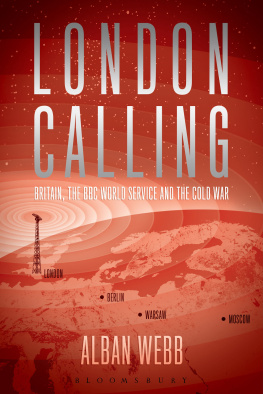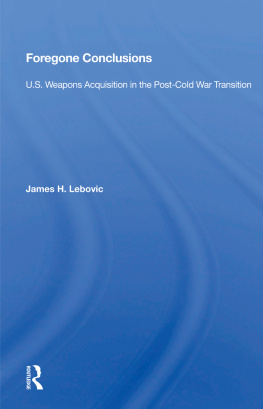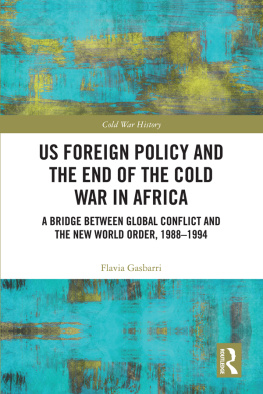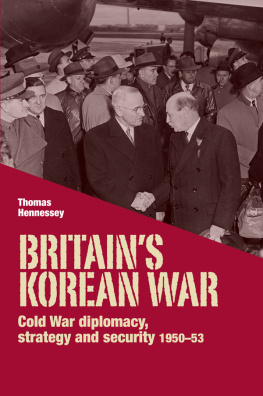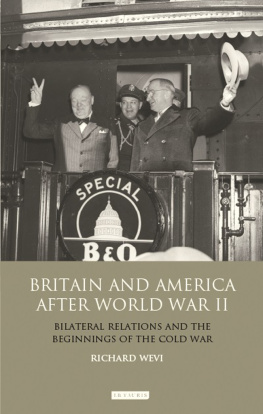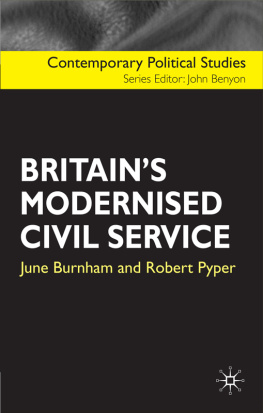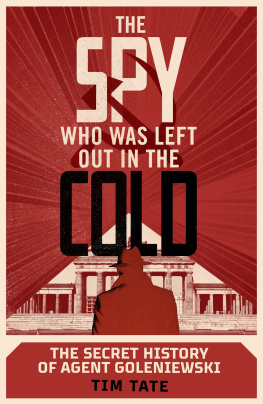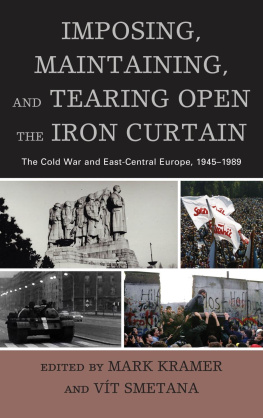London Calling
The projection of Britain abroad was an important part of BBC programmes overseas during the Cold War. In June 1950, a BBC Yugoslav Section reporter introduces listeners to the sounds of London, and the chimes of Big Ben.
London Calling
Britain, the BBC World Service and the Cold War
Alban Webb

Bloomsbury Academic
An imprint of Bloomsbury Publishing Plc
| 50 Bedford Square | 1385 Broadway |
| London | New York |
| WC1B 3DP | NY 10018 |
| UK | USA |
www.bloomsbury.com
Bloomsbury is a registered trade mark of Bloomsbury Publishing Plc
First published 2014
Alban Webb, 2014
Alban Webb has asserted his right under the Copyright, Designs and Patents Act, 1988, to be identified as Author of this work.
All rights reserved. No part of this publication may be reproduced or transmitted in any form or by any means, electronic or mechanical, including photocopying, recording, or any information storage or retrieval system, without prior permission in writing from the publishers.
No responsibility for loss caused to any individual or organization acting on or refraining from action as a result of the material in this publication can be accepted by Bloomsbury or the author.
British Library Cataloguing-in-Publication Data
A catalogue record for this book is available from the British Library.
ePub ISBN: 978-1-4725-1502-5
Library of Congress Cataloging-in-Publication Data
Webb, Alban.
London calling: Britain, the BBC World Service, and the cold war/Alban Webb.
pages cm
Includes bibliographical references and index.
ISBN 978-1-4725-1501-8 (hardback) ISBN 978-1-4725-1503-2 (epdf) ISBN 978-1-4725-1502-5 (epub) 1. BBC World Service. 2. International broadcastingGreat BritainHistory. 3. Cold War. I. Title.
HE8697.45.G7W43 2014
384.5406541--dc23
2013050516
Typeset by Deanta Global Publishing Services, Chennai, India
For Willow
Contents
It is with gratitude that I would like to acknowledge the kind permission given by the BBC for the reproduction of these photographs.
The enjoyment I have derived from writing this book is as much about the people it has brought me into contact with as the treasure trove of sources and fascinating stories that have come to life during the course of its research. To these people I owe a debt of gratitude for their help, guidance and invaluable insight. Chief among these is Peter Hennessy, my doctoral supervisor and the person who showed me what joy and excitement there was to be had in explaining history. This is also true of Jean Seaton, the official historian of the BBC and great chronicler of modern media, whose infectious appetite for understanding is a constant source of stimulation. Much of the primary research for the book was conducted as part of a PhD funded by a scholarship from the BBC and administered by the University of London through Queen Mary College. I am grateful to the family of Austen Kark (former Managing Director of BBC External Services) and his wife Nina Bawden for the honour the title of Austen Kark Memorial Scholar bestowed on me. Although facilitated by the BBC in its funding of the PhD, this work is academically independent and at no point have I, or the work, been subject to any external editorial influences.
It was at Queen Mary that I came alive to the possibilities of researching history and I would particularly like to thank James Ellison for his support and guidance in this, as well as John Smele, John Ramsden, Gary Magee, Philip Ogden, Virginia Davis, Matthew Grant, Catherine Haddon, and Gabriella Gera. My subsequent work at the Open University in the Centre for Research on Socio-Cultural Change has greatly benefited from collaboration and friendship with colleagues such as Marie Gillespie, Francis Dodsworth, Kath Woodward and Sophie Watson. A number of others in academic and related fields require special mention for the significant part they have played in supporting and enhancing my work. I am particularly grateful to Asa Briggs, David Cannadine, Nicholas Cull, Daniel Day, Anne Deighton, Michael (M.R.D.) Foot, Robert Fox, Suzanne Franks, David Hendy, Keith Kyle, Anthony McNicholas, Martin Moore, Michael Nelson, Barbara Parry, Lowell Schwartz, Tony Shaw, Heather Sutherland, and Bela Szombati. In addition, I am obliged to those whose tireless work behind the scenes in vital archives has made my research possible. In this regard, I would especially like to thank Jacquie Kavanagh, James Codd and Erin ONeil at the BBC Written Archive Centre, and Sarah Tyacke and Stephen Twigge at the Public Record Office of The National Archives of the United Kingdom. I also want to thank Robert Seatter, Robin Reynolds, Katherine Schopflin, and John Escolme of the BBC Heritage department for their considerable assistance in facilitating the research project and supporting it through to publication.
In the course of researching this book it has been the greatest pleasure to encounter a wide range of programme and policy makers who made the BBC World Service what it is today. Their generosity of time and spirit has been invaluable, offering insight, understanding, and vital context. In particular, I would like to express my gratitude to, Marie Anthony, David Wedgwood Benn, Noel Clark, Christopher Cviic, Dimiter Dimitrov, Leonid Finklestein, Christopher Graham, John Gray, Brian Hanrahan, Viola Huggins, Peter Johnson, Laszlo Jotischky, Tania Kelim, Dora Lavrencic, Hugh Lunghi, Jessica Macfarlane, Malcolm Mackintosh, Zdenka Mastnik, Graham Mytton, Antoni Pospieszalski, Hugh Saxby, Efim Slavinsky, Vania Smith, Dianko Sotirov, Andrew Taussig, Peter Udell, John (J.G.) Weightman, Wilf Weston, Charles Wheeler. They, among others, have illuminated and enriched my research. Any errors or mistakes in the book, however, are my own. Finally, and most importantly, I would like to thank Willow Grylls for her support at all stages in the preparation of this book. Her penetrating eye for detail, sharp wit and companionship have made its completion possible.
The Overseas Services of the BBC provide one of the most effective instruments for use by this country in maintaining the stability of the free world in the present struggle with Russian Communism. This struggle, often called the Cold War, seems likely to be long. It cannot be won quickly, though it might quickly be lost.
BBC Memorandum for the Cabinet Committee on Colonial Information Policy, June 1950
From 1 January 1947, the third successive Charter of the British Broadcasting Corporation (BBC) was intended to mark not only the continuation of the BBC as the monopoly broadcaster in the United Kingdom but also denote the transition from the wartime activities of its overseas services to the broadcasting requirements of peace. However, it was not long before fissures in post-war international relations plunged the world into a cold war. Once again, radio was pressed into service by the British government, this time as an adjunct to its non-shooting war with the Soviet Union, providing the opportunity to directly engage the hearts and minds of populations behind the Iron Curtain.
Broadcasting overseas by the BBC had begun on 19 December 1932 with transmissions in English to the Empire on shortwave but it was not until January 1938 that programmes in other languages were inaugurated, with an Arabic Service, followed quickly by Spanish and Portuguese Services for Latin America. Transmissions to Europe began in September 1938 with German, Italian and French news broadcasts started at the time of the Munich crisis, in a deliberate attempt to counter the propaganda of Italian and German radio stations.
Next page
